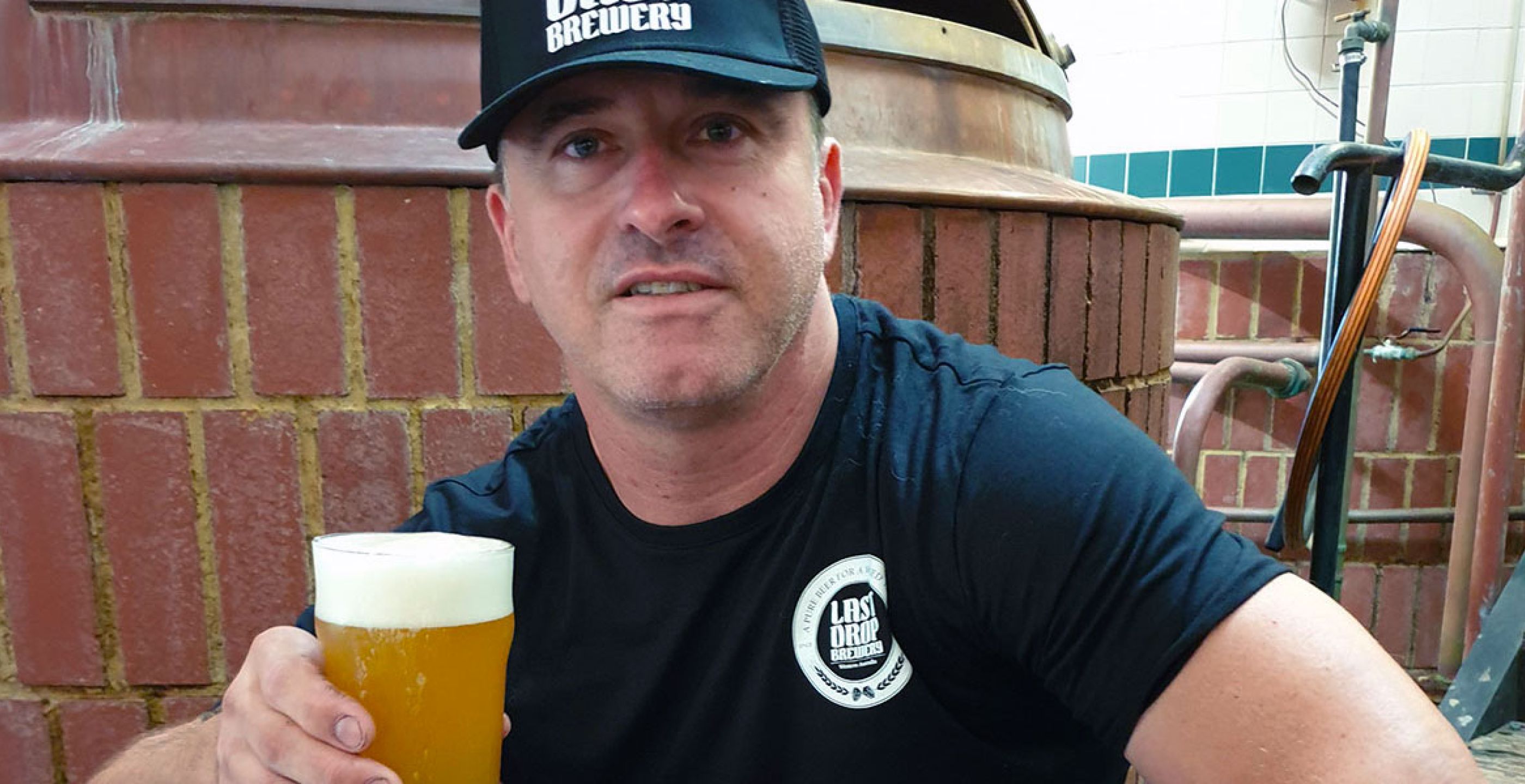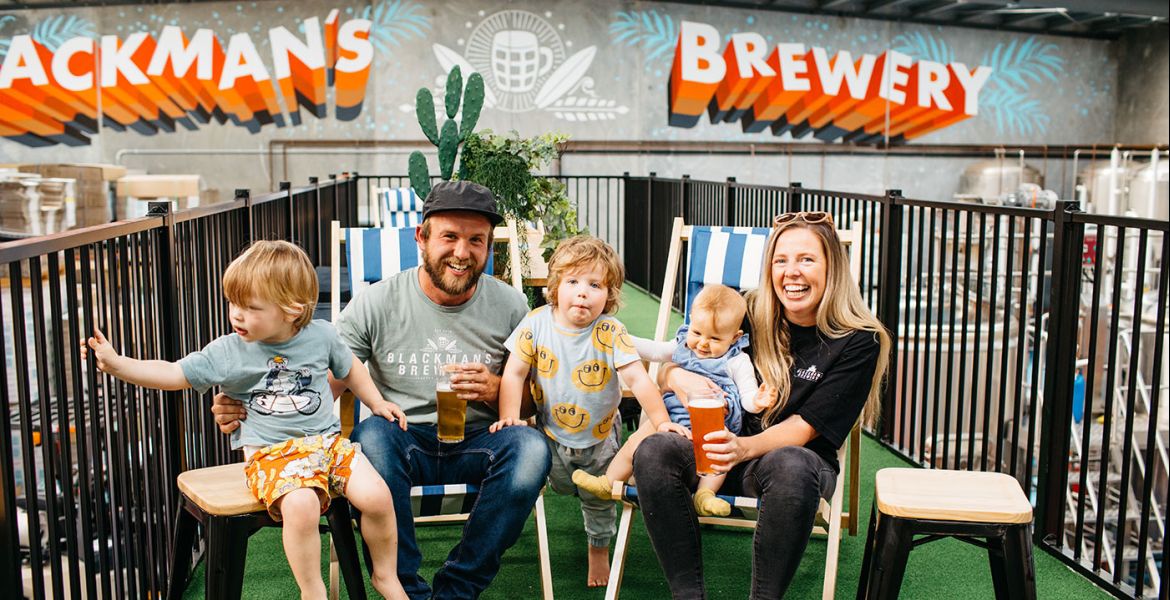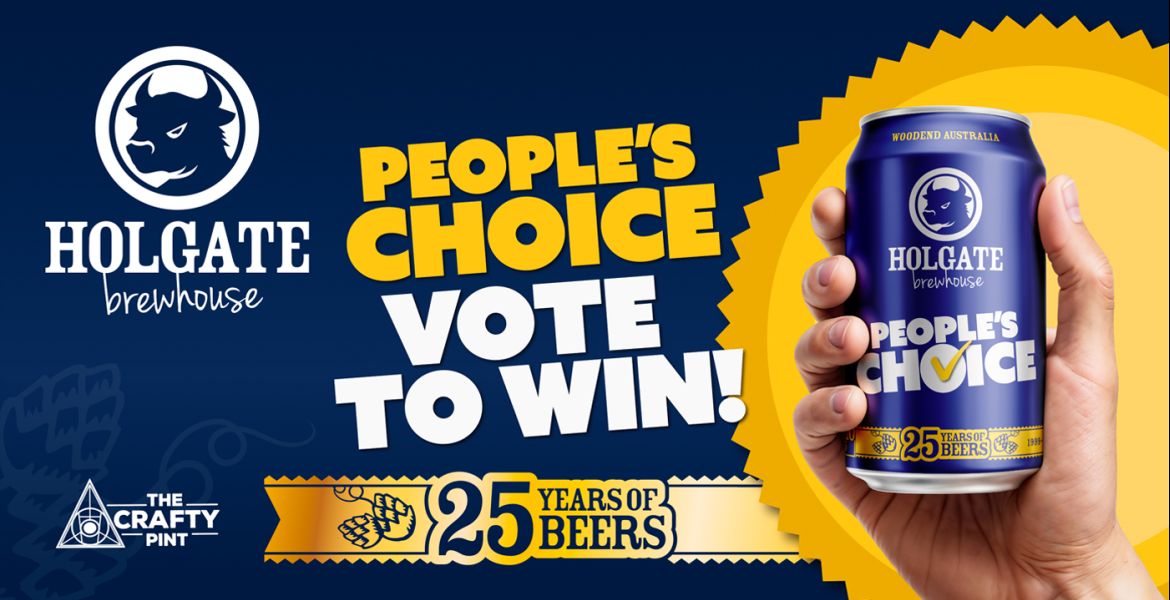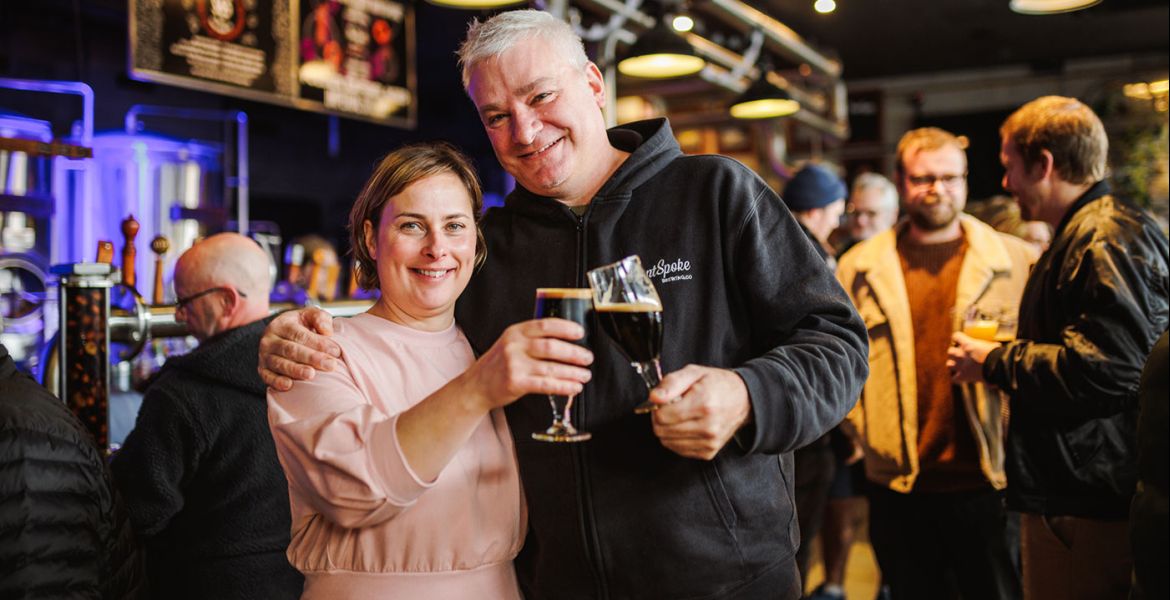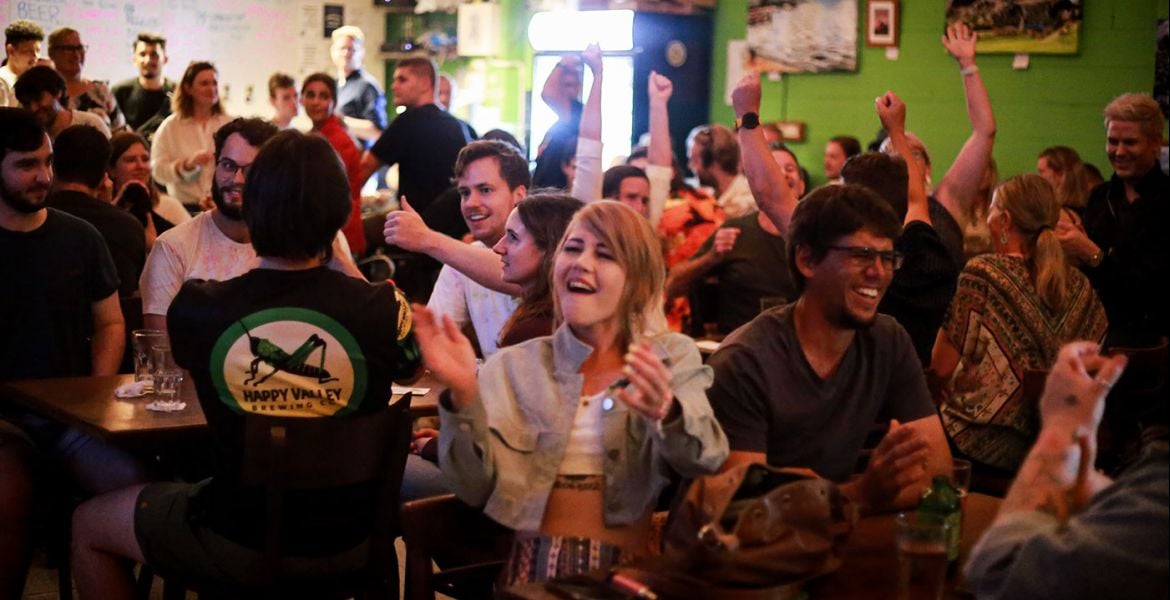Back before “enjoying traditional pilsner” was the default personality for contrarian nerds, there was Jan: making old-school European beers in an old-school European way. Reinheitsgebot-defined ingredients in an old copper and brick brewkit, fermenting in open vats in a cool room with the door cracked open a sliver, transferring to stacked horizontal tanks while still fermenting so they could naturally carbonate, lagering for anywhere from six to 12 weeks.
Jan is also incredibly warm and kind. He has helped me immeasurably as we have built Otherside, and I am a much better brewer for having worked with him.
Rhys Lopez – Otherside head brewer
There are few constants in this ever-changing world – Jan Bruckner's unfaltering strive for perfection in brewing practice is one of them. I met Last Drop and Jan 17 years ago, and soon I’ll have known them longer than I won't have – what a sobering thought.
I have always known Jan as the strongest man in brewing, his forearms are as big as my calves, he lifts kegs like I lift bottles. Jan is not only the strongest, he is one of the most gentle. I cannot remember ever hearing Jan spruik negativity, I have at most heard frustration pervade, but it’s usually in a meandering, "that’s just how it is" kind of way. I look forward to our weekly catch-ups when he delivers kegs, we chat about the state of the world, business, family, and occasionally beer. In Jan’s world, life goes on and there will always be another beer.
Darcy Travers – Strange Company and Ronnie Nights general manager & Moon Dog WA sales manager
Jan has always been supportive of the beer industry. He was a member of the original Western Australian Brewers Association back in 2001 and supported it ever since. Being an original pioneer, the experience and knowledge he’s put back into the industry has helped shaped the WA brewing industry to how it is today. Though Jan looks big and strong and sounds like Arnold Schwarzenegger, he is a gentle giant; a true gentleman that is old and wise.
Like the next Roger Bussell of the brewing industry or Ken Arrowsmith. It will be very interesting if Jan can get to 50 years like the great Chuck Hahn. Jan being a brewer and brewery owner from his original brewery and reaching 30 years is an amazing achievement.
John Stallwood – Nail Brewing founder
A life in beer
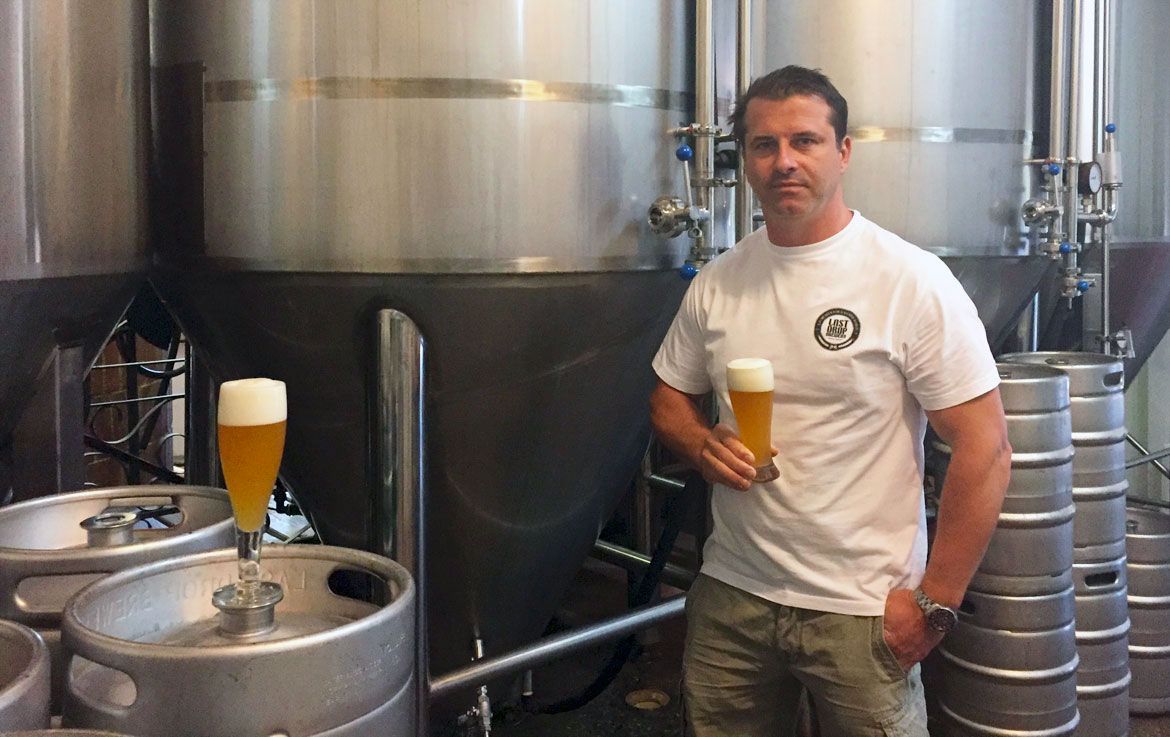
Those reminiscences above are just three stories of the many we could have plucked from those in the WA beer community who have been inspired by Jan Bruckner over the years. He's a brewer who few will know outside of Western Australia but one many in the beer industry are quick to highlight as a true hero of the local scene.
In today's craft beer culture, where the concept of the rockstar brewer and hype beers often guides the purchasing habits and commands the attention of beer fans welded to social media, his is a story that stands apart. Jan is head brewer, co-owner, deliveryman and jack of all trades at Last Drop Brewery, an operation that’s never grown beyond its means, and where nothing moves too fast. The brew days start early and the Czech-style pilsner is as traditional as they come: open-fermented under cold conditions and lagered at even colder temperatures for at least eight weeks, often longer.
Launched in 1992, the brewery is located in an Elizabethan-style village in Perth’s hills in the suburb of Bedfordale. That was the same year Jan arrived in Australia from his native Czechia (which was then Czechoslovakia), which means 2022 is a significant milestone year for both brewery and brewer.
By the time Jan arrived here, he’d already trained as a brewer and, after studying English for a year, he joined the team at the Elizabethan Village Brewery – now Last Drop Elizabethan – after hearing about an old brewery being installed in a village designed to look old.
“They were opening up a brewery and I thought, 'What an opportunity',” he says. “They employed me back then and over the years I became a partner in the business.”
Jan’s three decades with a mash paddle in hand means – and we’re happy to be corrected on this – he's been brewing at an indie brewery longer than anyone still on the tools anywhere in Australia.
In keeping with Darcy’s assessment that he's the strongest man in Australian brewing, in the early years he worked concurrently at the Elizabethan brewery and the now-closed Mariner Brewery in the industrial Perth suburb of O’Connor. Mariner was later sold to Swan, which saw Jan and his colleagues test the likes of Swan Stout in the local market before the beers were moved to the main Swan brewery, now also shuttered.
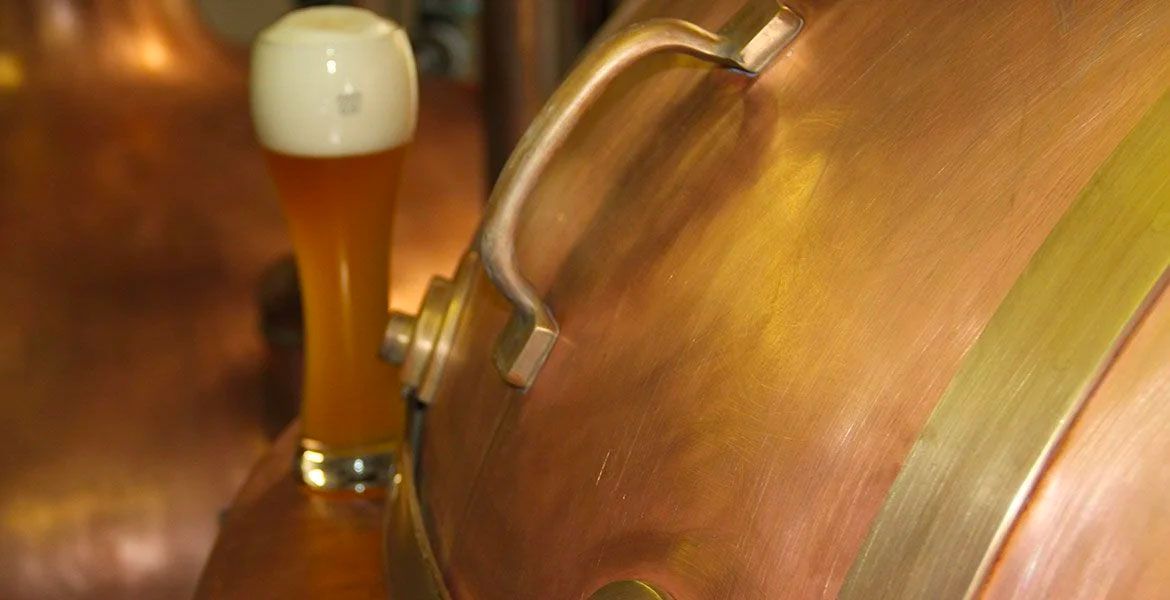
Jan’s brewery, which sits next to Last Drop Elizabethan, features a 30 hectolitre brewhouse bought secondhand from a small town in southwest Bavaria. The copper and brick system still produces all of Last Drop's beers, which lean heavily into European traditions, and was set up by a man with a name that suits the classical stylings, Horst Kempf, the original brewer at both Last Drop and Mariner.
The brewhouse and Jan's approach to brewing might be a rarity in the modern Australian craft beer industry but the system is similar to those on which Jan learned to brew. Born in 1971 in Czechoslovakia, he started studying brewing and malting in Prague when he was 16. Over the coming years, a peaceful “Velvet Revolution” would take place in Jan’s homeland, the Soviet Union would collapse, the Cold War would end, and Czechoslovakia would split in two.
For teenage Jan, however, it was a time dedicated to learning how to make beer and malt from people who had been making both since they too were close to his age.
“Being part of the brewery was something,” Jan says. “Brewers were, and still are I suppose, really looked up to, and there was a very good passing of knowledge from people who had been in breweries for a long time to those who were just starting."
He studied at a college for food technologies in Prague, a place he says most professional Czech brewers have passed through, while brewing for U Fleků during summer holidays. The Prague brewery has a history that stretches back 500 years; it brews just one beer: a dark lager you can only buy in one of the brewery’s large halls. Well, pretty much just one place... Last Drop’s own Dark bears striking similarities.
Briefly after leaving school Jan worked at Holesovice Brewery, also in Prague, which closed in the 1990s and has since been converted into residential buildings.
As for why he decided to brew at the age of 16, he isn’t entirely sure. His father suggested it, but he doesn’t think he even enjoyed the early stages of his course in brewing. Although, as he points out, he was growing up in a time and place far removed from Australia in the 2020s.
“I really enjoyed the studying and it was good fun,” Jan says. “But in the 80s, particularly in the Eastern Bloc, things moved differently. I got married when I was 20; if you weren’t married by 24 people might wonder what was wrong with you.”
Despite the differences between then and now, there are elements of Czechoslovakia’s brewing history that echo in the Australia of today. The government may have had control over breweries but it meant they had to remain locally-focused, employ locally, and that beer was never transported very far, thus cutting down on greenhouse emissions.
“Being behind the Iron Curtain meant things were very traditional and there were a lot of regional breweries just focusing on their regions where the beer was made,” Jan says.
“Malt farms were part of the breweries, grain was coming from local farmers, everything was centralised into the regions, which made a lot of sense."
But, as he points out with a laugh, drinking on the job and not needing to justify expenses could have drawbacks.
“I don’t think you’d see anything like that today, because there is more control over drinking. We were drinking in the cellars.
“Today it’s all money driven, as it should be I suppose, and safety driven – as it should be!”
As he was finishing his studies in 1989, the swell of change in Czechoslovakia was rising fast. Neighbouring countries had transitioned to allow multi-party parliaments, long-serving communist leaders had been ousted, tens of thousands of East Berliners had fled, and the Berlin Wall was soon to fall.
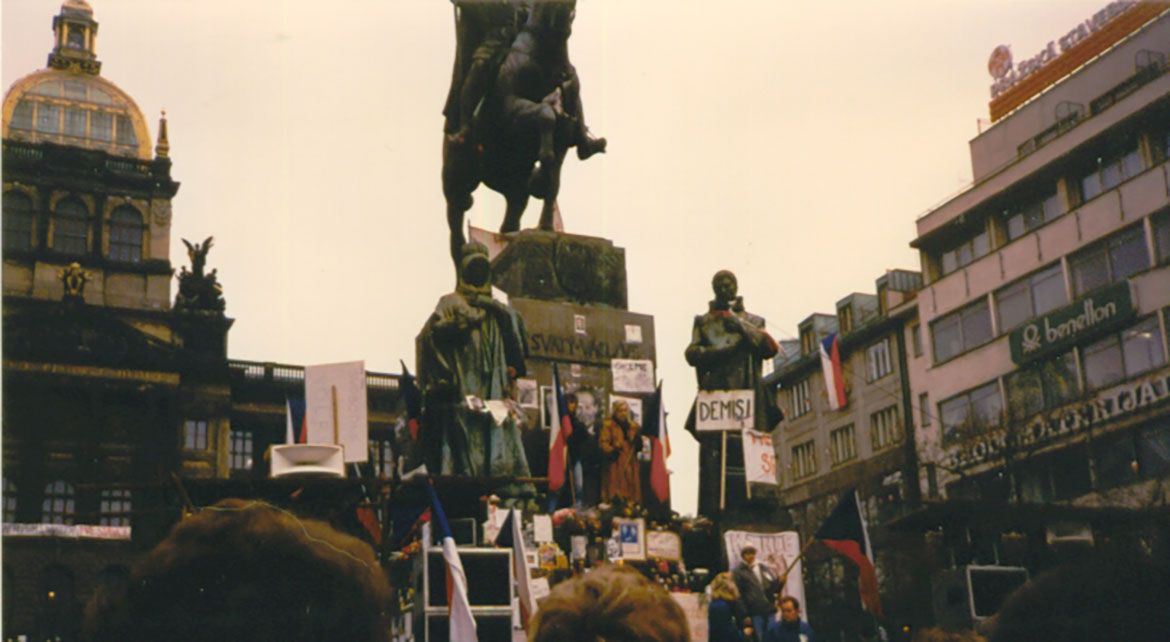
In the Czechoslovak Socialist Republic, student demonstrations in mid-November built to the point there were hundreds of thousands calling for change, with the Communist Party announcing it would relinquish power and put an end to the one-party state by the end of the month.
An estimated half a million protesters took to Prague’s streets and poured into Wenceslas Square to listen to speeches from dissidents calling for change.
Jan was among them.
“I’m very proud to have been there,” he says.
“As a kid you don’t really realise what’s happening. But after a year I came over here and that was a very new experience for me – being in the free world.”
Before migrating, his wife's parents had already moved to Perth; given they were still young and hadn't yet built a life in Prague, Jan and Gabriela decided to up and leave too. As a young man who only had experience in brewing, moving to a country with a small number of breweries and even fewer owners might have given Jan pause for thought, but three decades on it’s clear they made the right decision.
“I love what I’m doing,” he says. “I’m a full-time brewer running the business as well, and I wouldn’t want to do anything else.”
He was, and still is, the romantic archetype that comes to mind when people think of the artisanal brewers of the old world – someone who puts quality above all else, letting the high-quality ingredients shine through, letting the beer take as long as it needs. He does everything by hand, including delivering all the kegs himself, off the back of an old ute (he’s a very strong dude, despite his age).
Despite how many years he’s been brewing, I’ve caught Jan more than once mesmerised by the wort in the kettle, watching the wisps of steam and the rolling clouds of protein as the liquid settles after boil. “I love this part,” he’d say.
Every single time I have brewed with him I have watched him fight back the roaring boilover with a hose, like a fucking lion tamer in the circus. The old kit was built in Germany in the 1960s I think, and apparently that vigorous boil is unavoidable. Most brewers would be incredibly annoyed at this inconvenient design, but Jan always laughs and makes a game of it, because that’s the kind of person he is.
Rhys Lopez
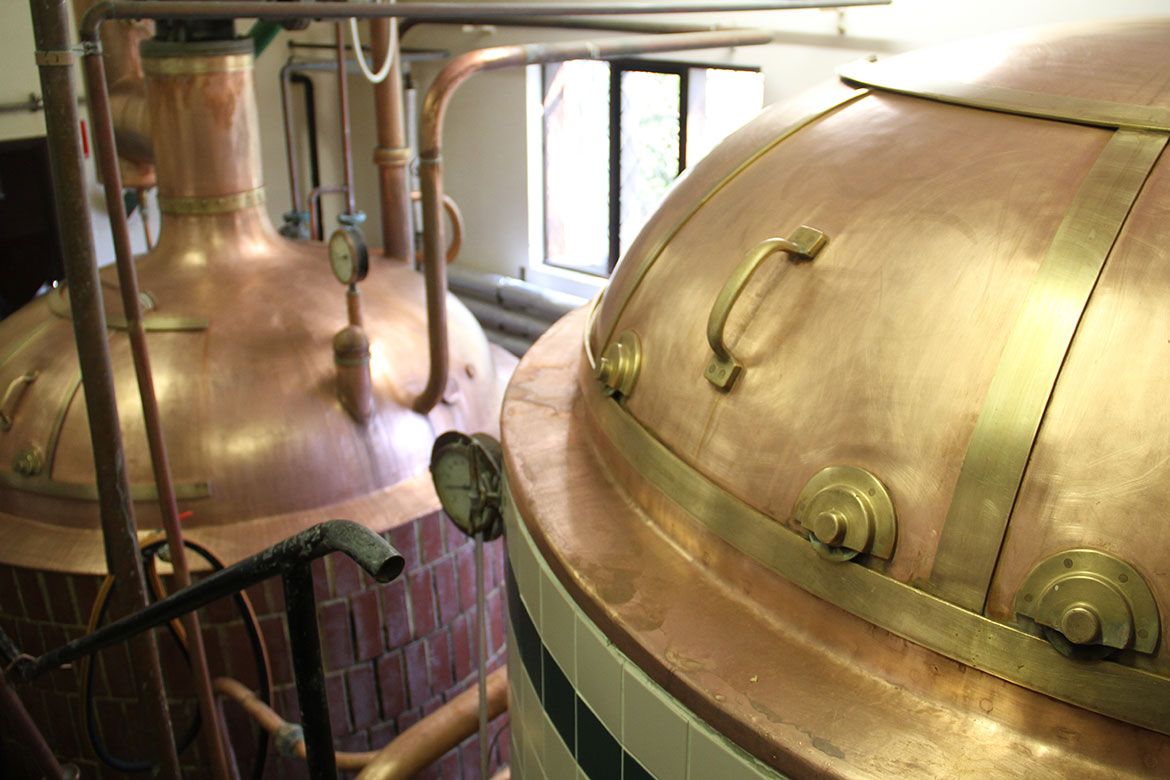
Last Drop Brewery is a beautiful brewery, romantically, a brewhouse of great copper and brickwork, an external counterflow heating element, tight tank space, and as much wild yeast mould growing in the rafters as you would expect and desire in an authentic brewery. The brewery has its quirks, and should probably come with its own instruction manual but there is no doubt that Jan owns the joint, he commands it as good as Han Solo does the Millennium Falcon. A legend in the scene with a seemingly clunky ship that way over-delivers thanks to who’s in charge.
Jan often extends an invite to come brew with him, however the 3am mash in is a bit of a hurdle. I did take him up once and with a bit of brewing experience under my belt thought I’d be a great help. Alas, by the time I got to the brewery bleary-eyed at 2.55am, coffee in hand, Jan had started preheating the mash tun, ripped the tops off a few bags of grain, and put a tank on CIP [clean-in-place]. The captain was at the helm and this ship wasn’t waiting for no one; for the next six hours, I stood bewildered as he ran rings around me, quite possibly because the first "drinks break" at 4am was a refreshing mild ale and by 9am, as the wort finally made its way into tank, we were probably ready to have a break from beer and enjoy a knock-off coffee. God knows how he does it week in, week out. I’m assuming with less beer.
Darcy Travers
First To Last Drop
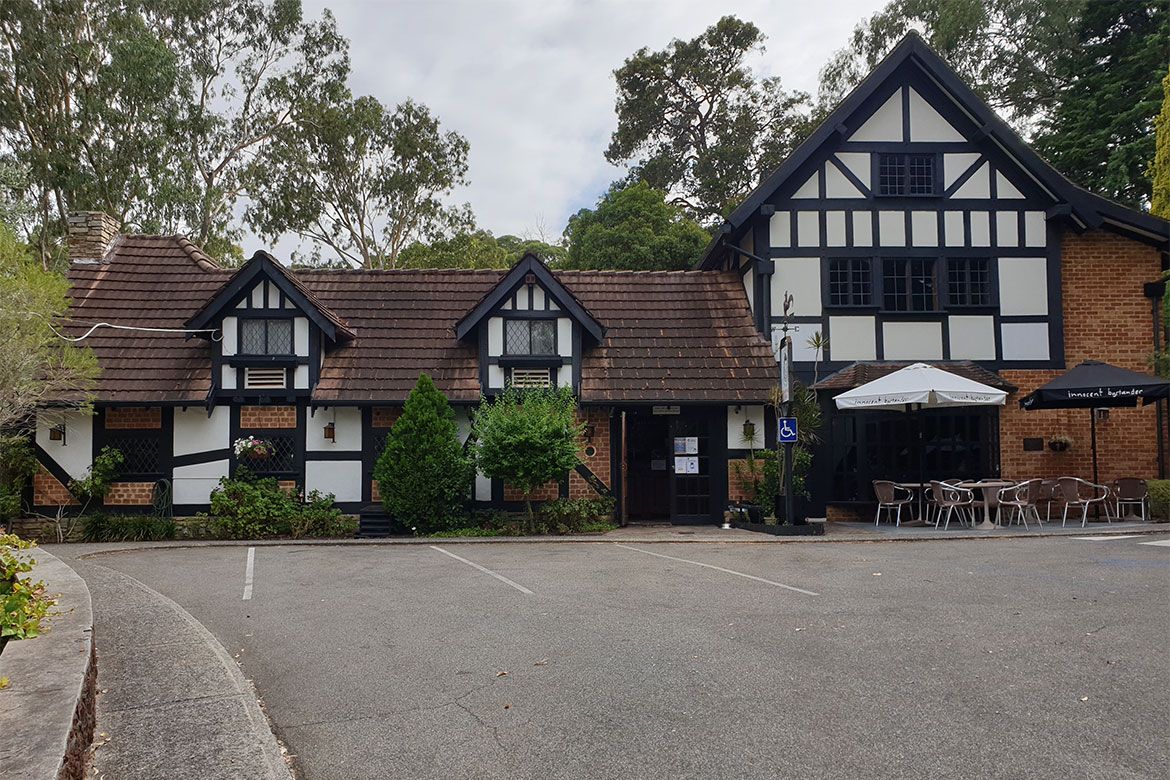
While Jan’s beers do appear in Perth and Freo bars, such as those overseen by Darcy, and he also makes beer for venues under contract, there are a few places where you’re guaranteed to find them pouring at their best: the Last Drop venues.
There's a number of outlets with different ownership structures: Last Drop Beelair resembles an old English pub much like the Elizabethan which sits beside the brewery, while Last Local Canning Vale is home to four 3,000 litre tanks Jan keeps full so the team there can pour fresh beer over the bar.
Jan bought into the brewery business in 2007, becoming a partner with Walter Lenz, and it’s the longstanding relationships they've established he says help account for the brewery's longevity and organic growth in an industry that often feels like it's only moving ever faster.
“We have three pubs and a bunch of publicans that have been supporting us over the last 30 years," he says. "We’ve been creating those relationships and that’s been really helpful.”
As Darcy puts it: "My first pint of Last Drop Kristalweiss was at Clancy’s Fish Pub in Fremantle, in 2005. It became often a hard choice for my knock-off beer between Last Drop's Kristalweiss, Bootleg’s Wils Pils or Little Creatures Pale Ale.
"I don’t struggle to remember that first pint of Kristalweiss, because it hasn’t changed in 17 years, it still tastes the same. To consistently create a beer for 17 years is no mean feat. Most beers evolve over time, some because they’re not great beers, some to keep up with trends in the market, and some due to economic effects. For the most part, Jan just creates well made, timeless beers and happily goes about his day.
"A decade on from pouring my first pint of Last Drop as a fresh-faced glassy, I would become fortunate enough to open my own venue, Strange Company. Last Drop inevitably made the opening list – I couldn’t think of a better pilsner in the country. Six years on and it is the longest-serving tap at our venue. I’ve been offered better deals, more widely-known products, better marketing plans but never a better beer.
"I’ve now been selling Last Drop for 17 years direct from the guy that owns the company, who starts brewing every day at 3am, and who finishes his day doing the rounds in his ute, delivering kegs to your door and having a chat. You don’t get that sort of business anymore and it’s something very much worth revering. It's worth infinitely more than bougie junket trips, consumer sales pitches and more point-of-sale garbage. And, dare I say it, is better than high-profit margins and rebates.
"Jan doesn’t chase trends, he runs his own race and that I admire. His limited releases are always delicious, his core beers are perfectly true to style, his work ethic is unrivalled, and his heart couldn’t be in a better place."
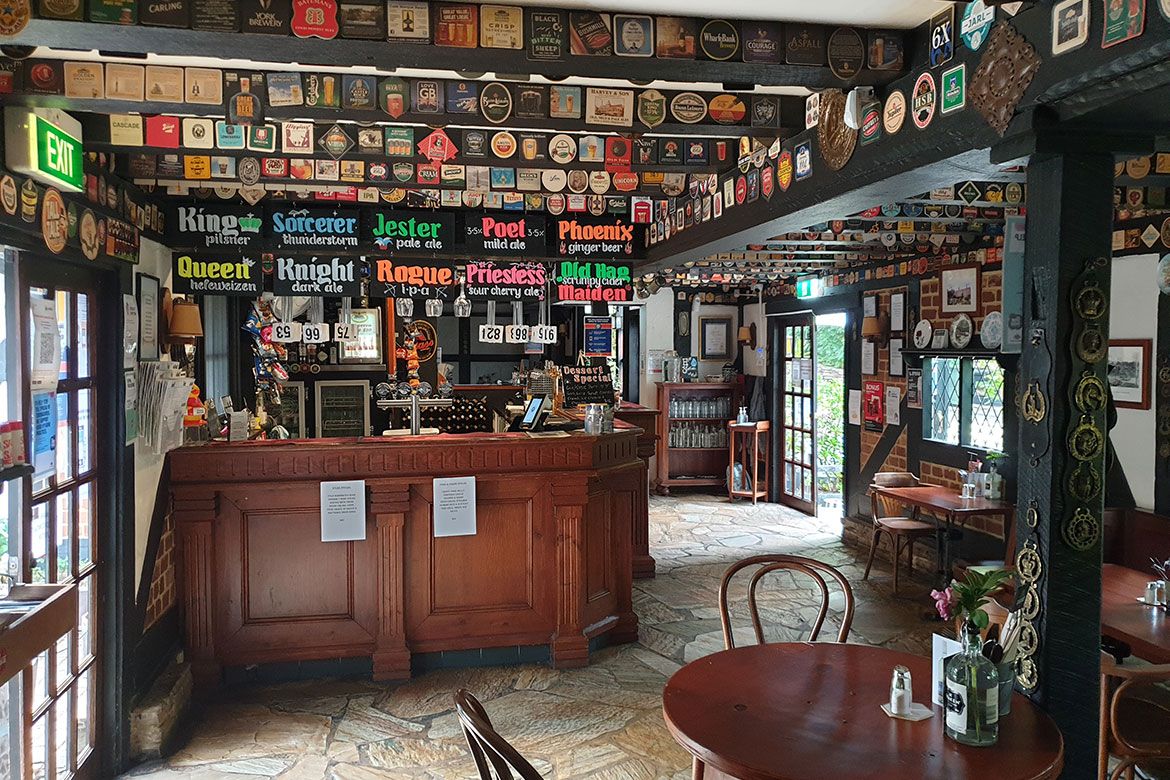
As a brewer who doesn’t chase trends, and who is guided by the Reinheitsgebot, or Germany Purity Law, you might be tempted to imagine Jan as a caricature of the grumpy old brewer railing against hype beers, hazy IPAs or adding lactose to a recipe, like Abe Simpson yelling at a cloud. But it couldn't be further removed from reality: Jan’s not one to talk anyone’s beer down, much less those in the industry who make them.
“As long as it’s presented well and tastes nice, then I’m happy,” he says.
“I think if it’s a good beer and an easy-drinking beer then you can’t go wrong with it, because people will love it no matter what.”
Thus, while Last Drop beers are typically clean, traditional and largely European in style, Jan has barrels for making sour beers, such as the popular lambic-style Mulberry Sour that uses fruit from their own trees. Equally, more contemporary styles, such as IPAs or pale ales featuring new hops and fruited beers, appear on tap too.
As for his dedication to the brewing traditions in which he was raised, there are practical reasons, including the brewery's location in Perth’s outer suburbs and the size of the brewery – he doesn't want 75 kegs of a limited release sitting around.
“Not everyone is into super hoppy beers or a lovely, cloudy New England IPA,” Jan says, even though it’s hard not to feel like the way he brews is buried deep in his DNA.
“I think there’s a bit more to a pilsner than a pale ale; I’m not saying pale ale is any lesser a beer, but there is a bit more of a process – for us anyway.”
He can see the appeal in continually experimenting and exploring new ingredients or techniques, an approach that consumes many of his peers.
“It’s a great opportunity for brewers to do something else rather than just core brands,” he says. “For any brewer, brewing anything other than your styles is more fun. It’s more experimental, unknown and it’s not your daily bread.”
But for businesses to grow sustainably, he believes there's a need to build one's flagship beers and find committed drinkers.
“There are good brands out there that have had good beers and just disappeared,” he says.
“I think that’s still important for a brewery to develop your name over the long term. With specialty beers, you might make something nice but, in a few years, nobody will think about it again and that’s something that can get lost.
"You’re making money in terms of selling the product but any intangible value might be gone.”
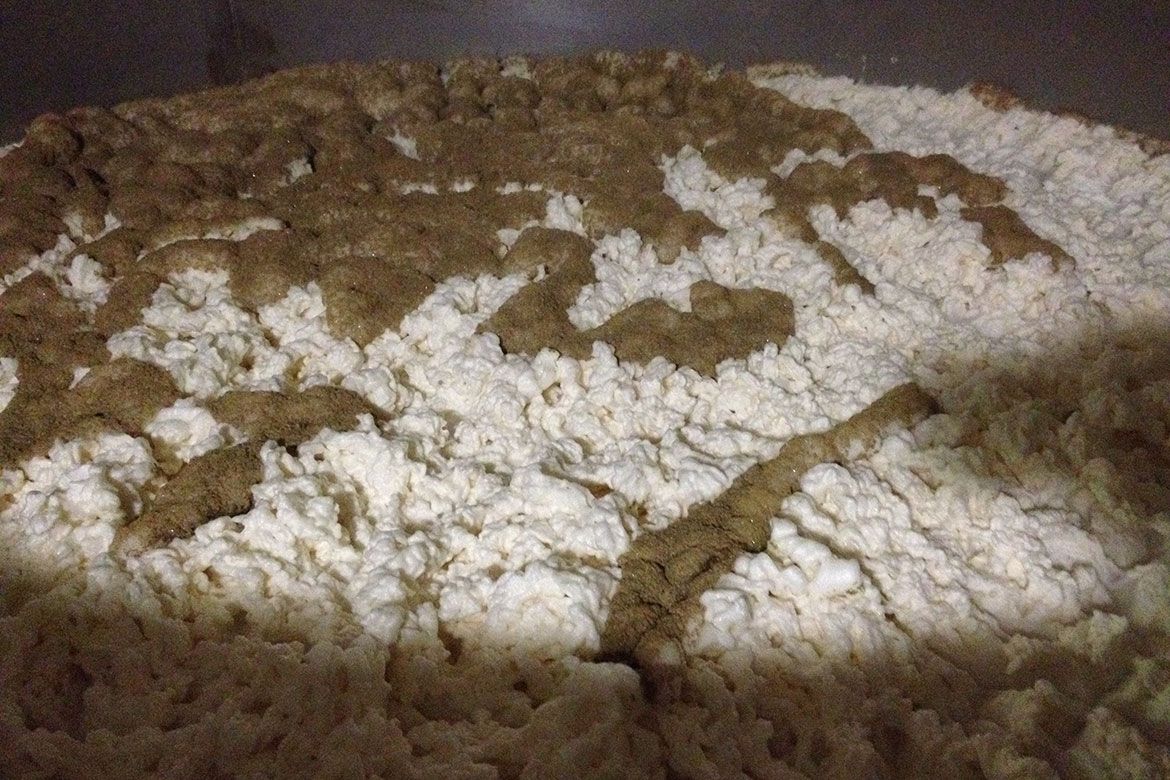
As someone who’s been part of WA’s beer industry for three decades and watched many breweries come, and some go, he reckons the local scene is in good health and is quick to point to how many skilled brewers populate the country's breweries. In particular, he points to the rise in brewpubs as a positive, given there’s only so much space available for those reliant on bottleshop sales.
“As long as they have their own real estate and place to sell their beer then I think it’s healthy and works really well,” he says. “But selling it to the bottleshop is a completely different game; you face quality issues and you’re competing with everyone else.”
A rarity among breweries, Last Drop remains without a sales or marketing team – or packaged product for that matter – although Jan says this might be something to look out for in the future. He’s discussed the possibility of brewing elsewhere but, of course, his fingerprints would have to be on the beer.
“When I say contract brewing, we are hoping to have some cooperation that will allow us to brew ourselves and put our hands on the actual product.”
Nevertheless, Jan does have concerns with the current state of play. With a wide range of craft beer brands now at the disposal of the multinational breweries, it can be hard for independents to compete on price. As a believer that breweries from the smallest to the largest need each other to prosper – with craft beer driving interest in the entire beer category – his concern is that overly generous deals from the bigger end of the industry make it ever harder for small breweries to compete with publicans on the strength of their stories.
“Hopefully customers will drive it to our advantage, but I’m a bit sceptical sometimes,” he says, with a laugh.
“We had that great revolution in craft brewing, but it feels like we’re slowly losing some of that momentum of it being something special.
“Big brewers have their own craft brands and people can get them confused and not know what’s made by a small company – a genuinely small brewery.”
For smaller operations, it means the focus on quality is now more important than ever.
“If you’re there with your heart and you drink the beer, you don’t want to compromise on something," he says. "How could you make something you don’t want to drink?”
He worries that the high profile nature of brewery sales – with some successful indies bought for tens or hundreds of millions – means people might view the industry as an opportunity to make a stack of money.
“And don’t get me wrong," he adds. "We all like money. I like money. But I just like to see that organic growth and it is coming from the heart.
“I don’t like the idea of people investing money into a business without being passionate about it.
“I hope only people who are keen and enthusiastic about brewing start breweries, because I think the likelihood of them to survive is much better, rather than someone investing and building something just to be sold.”
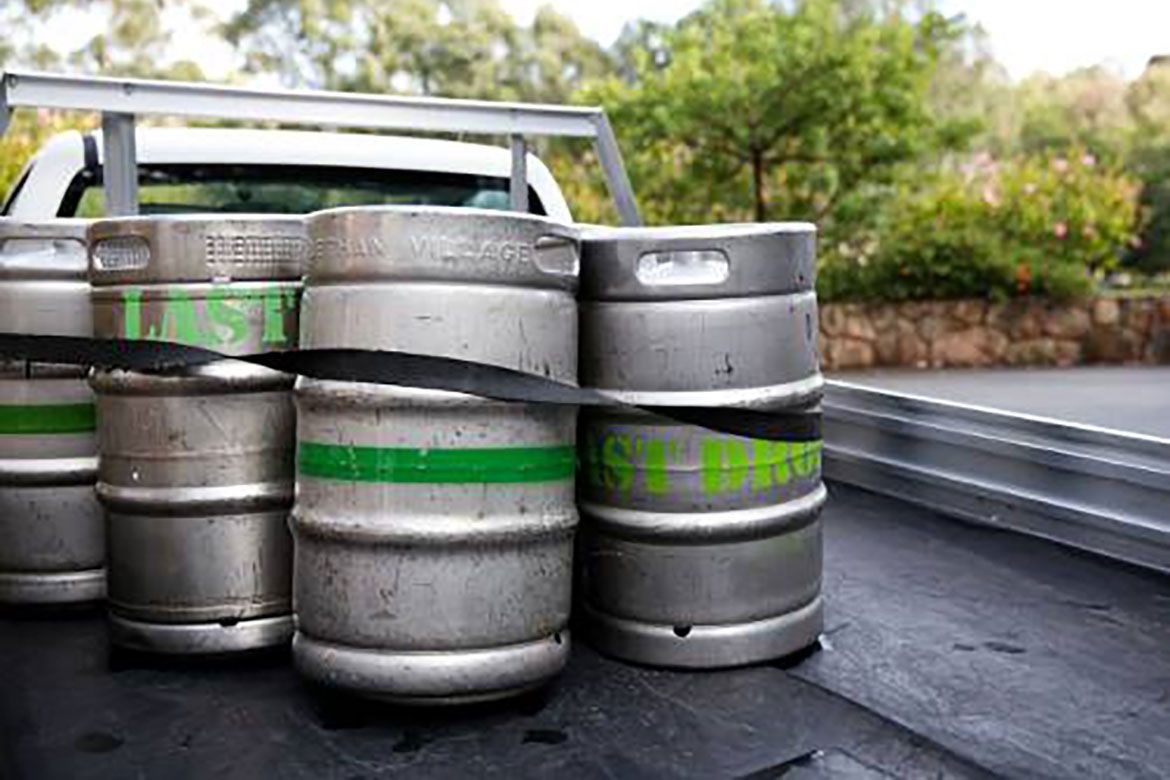
As for what drives Jan's eternal love of brewing, the short answer: is all of it. More than three decades on from his first brew in Czechia he says he’s still learning, wryly pointing to a saying he first heard in this country of which he’s rather fond – even if he can't quite remember it while we're on the phone.
"A jack of all trades but a master of none?" I suggest.
“That’s me,” he says, as he bursts into laughter again.
“So much has changed with ingredients and methods of hop applications. When we were in school, sour beers didn’t really exist – they did in Belgium but didn’t even really in Germany and they weren’t something to look up to or learn.
“That’s what makes the job so interesting, there are so many variables. It’s such a nice job for anyone.”
And it's here – a fondness for developing new recipes, experimentation, working at different breweries – where Jan sounds as if maybe he’d change things if he had the chance to wind back the clock.
“The only regret I have is not going from brewery to brewery where you get a lot of experience. Brewers love to spend a few years in one place and then another and that is how you learn.”
In other words, it seems like Jan’s only regret as a brewer is that he hasn’t brewed in more places, played on more kits, and brewed more styles of beer. But such a thought is fleeting and, like all regrets, ultimately pointless.
After all, without Last Drop, a three-decade career in one place, and the experience you can taste in every one of his beers, Jan Bruckner wouldn’t be Jan Bruckner. And we’d be poorer for it, too.
“If I didn’t have a brewery business then what else would I do?" he asks. "I’m struggling to think of anything.”



